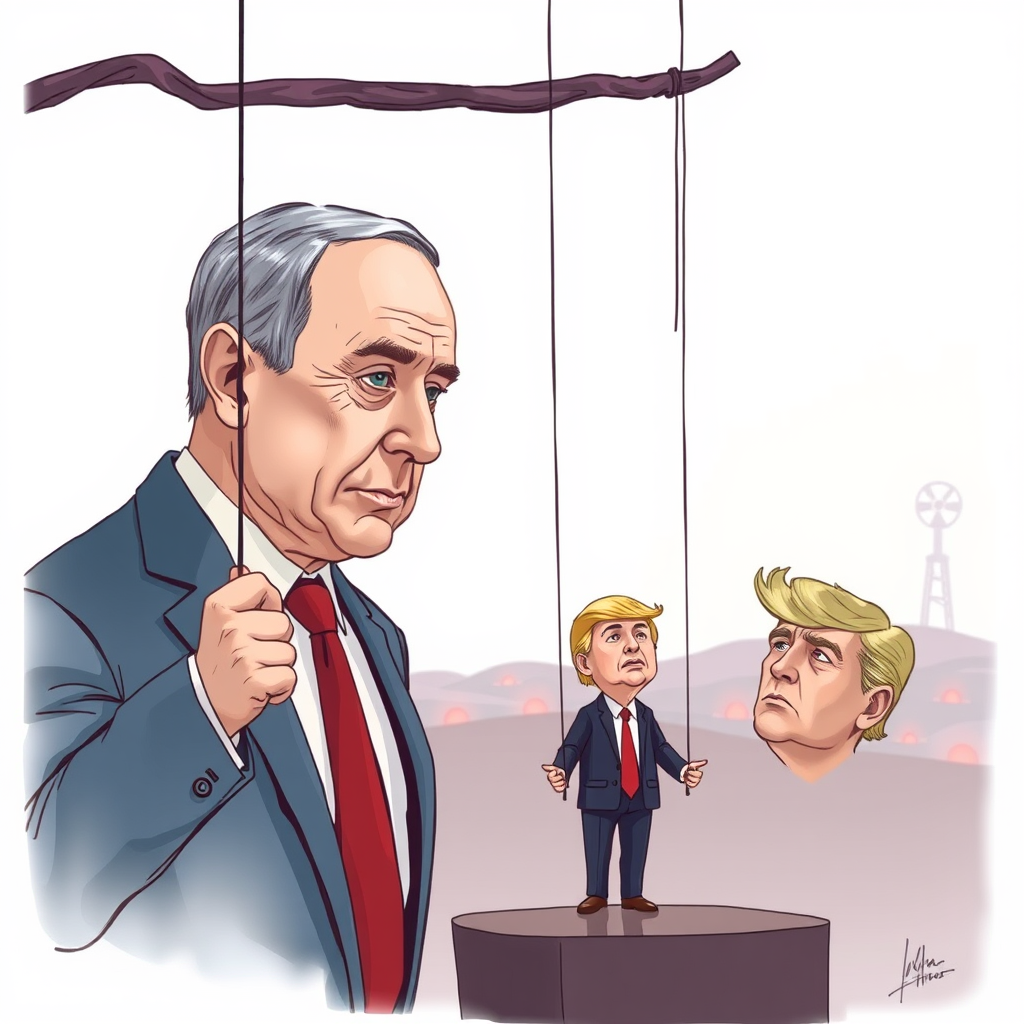Netanyahu Convinced Trump: War With Iran Looms

Benjamin Netanyahu skillfully maneuvered President Donald Trump toward a confrontational stance with Iran, fundamentally reshaping the geopolitical landscape of the Middle East in just under two years. The prime minister’s success wasn’t accidental; it was a calculated campaign leveraging a mix of assertive persuasion, strategic intelligence sharing, and capitalizing on perceived Iranian intransigence.
According to sources within the Israeli government, the groundwork was laid during a February meeting in the White House Cabinet Room. Netanyahu directly appealed to Trump’s personal sense of grievance, reminding him of alleged Iranian plots against his life. He then presented a detailed case, supported by intelligence, arguing that Iran was rapidly approaching nuclear capability, increasing uranium enrichment and advancing centrifuge technology. The core message, delivered with pointed emphasis – “You can’t have a nuclear Iran on your watch” – appears to have resonated with the president.
Initially, Trump resisted immediate military action, prioritizing diplomatic solutions as promised during his campaign. He tasked Steve Witkoff with brokering a deal with Tehran. However, Netanyahu persistently pushed for a deadline, and when negotiations stalled – and Iran exceeded the agreed-upon timeframe – Israeli officials seized the opportunity to frame this as proof of Iranian bad faith. They successfully convinced Trump that diplomacy was a fruitless endeavor.
Further bolstering the case, Israel shared intelligence – including a report from the International Atomic Energy Agency – alleging Iranian concealment of nuclear material and intentional delays in negotiations to secretly acquire necessary components. While U.S. intelligence agencies, including Director of National Intelligence Tulsi Gabbard, reportedly maintained that Tehran hadn’t definitively decided to pursue a bomb, these assessments were seemingly overshadowed by the Israeli narrative.
The Israelis informed the Americans of impending strikes against Iranian targets, and a retaliatory attack by Iran, resulting in civilian casualties in Israel, quickly followed. Israel then asserted dominance over Iranian airspace, claiming significant damage to Iran’s nuclear arsenal. The ultimate goal, according to Trump administration officials, is to compel Iran back to the negotiating table and achieve a permanent end to its nuclear program.
However, the situation remains fraught with risk. Some of Trump’s allies, like Stephen Bannon and Tucker Carlson, express concern that Israel is dragging the U.S. into a wider conflict. Israel’s long-term objectives remain unclear, with Netanyahu suggesting regime change isn’t the primary goal, but not ruling it out.
The success of Netanyahu’s strategy is undeniable. When questioned about Gabbard’s dissenting testimony, Trump dismissed it, stating he believed Iran was “very close” to acquiring a nuclear weapon. This shift in presidential perspective, orchestrated by Netanyahu, represents a significant and potentially destabilizing development in the Middle East. While the situation is fluid, it’s clear that Netanyahu has fundamentally altered the dynamics between the U.S., Israel, and Iran, and the region now faces a heightened risk of escalation. The long-term consequences of this calculated campaign remain to be seen, but the groundwork for a potentially devastating conflict has been laid.